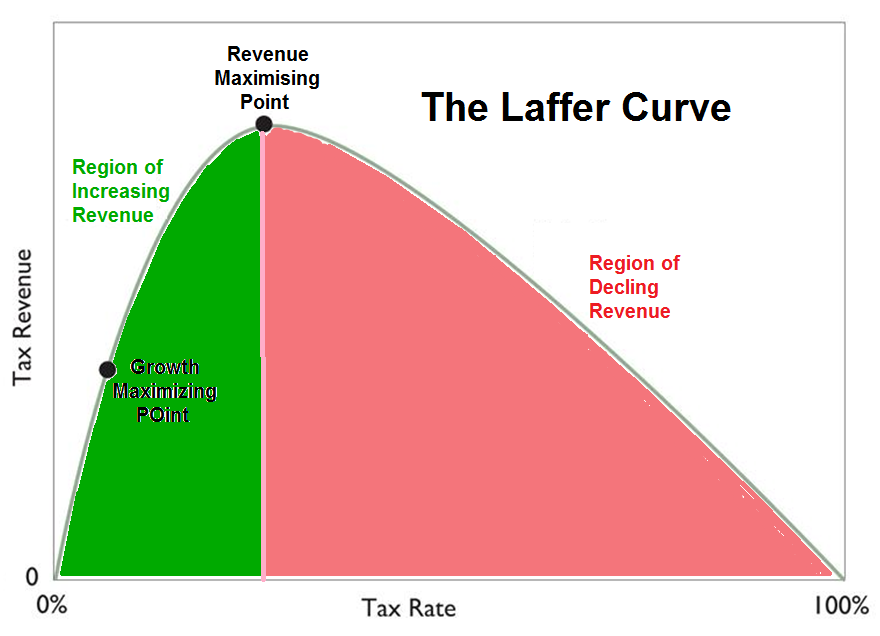Corporatists are capitalists who exploit the powers of government to leverage an advantage over their competition. You're describing the government "Cronies" they collude with by purchasing influence through campaign contributions and lobbying efforts. They are partners in crime.
The word should probably be retired. I'm trying to use it less. It's overload with five or six different definitions - to the point of being nearly useless in conversation. I was actually referring to the mode of government that functions as a broker of privilege. It's based on the idea that society is composed of corporate groups (not corporate as in business, but as in organized interest group) and assumes that the role of government is to balance the desires of the competing groups.
